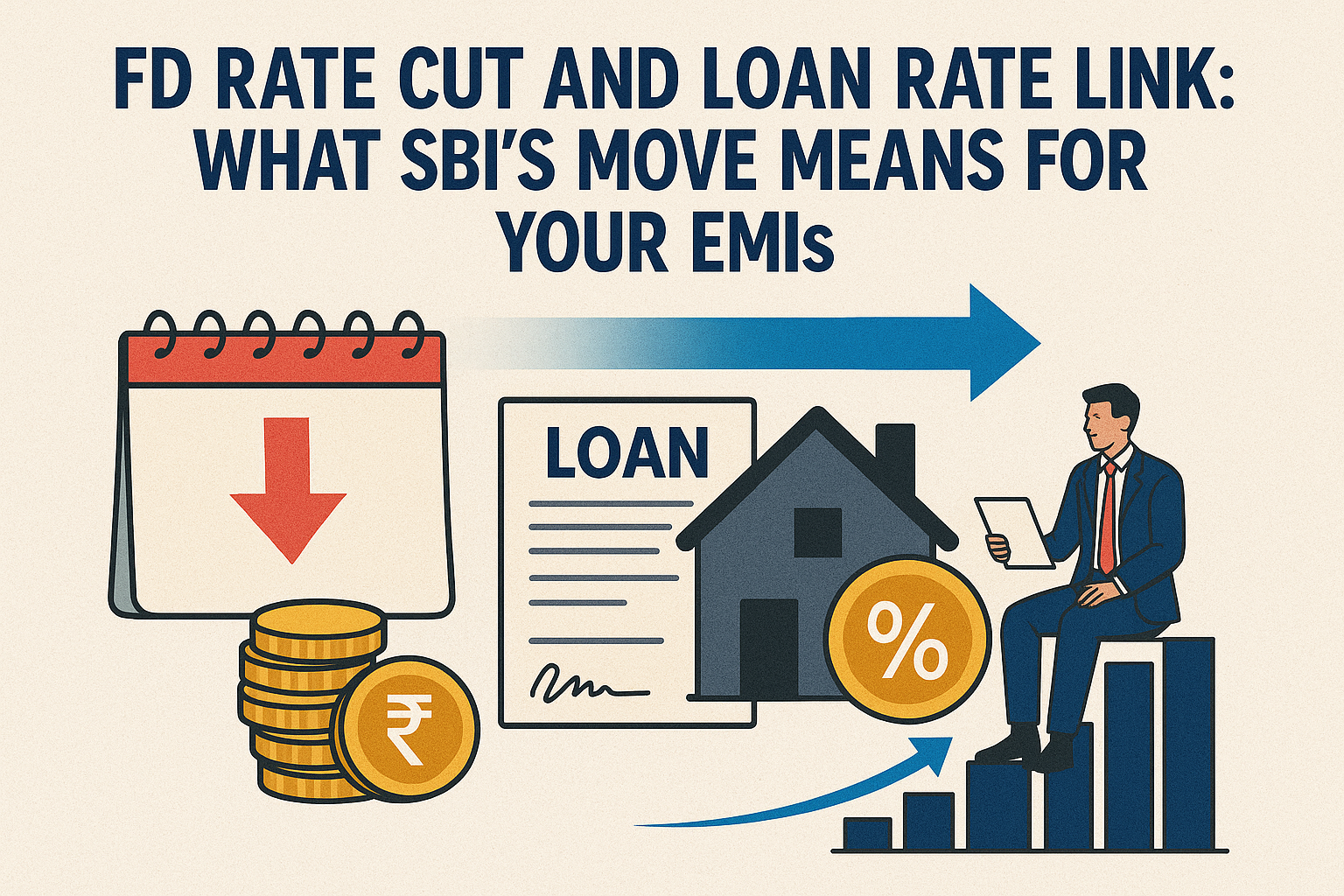How Often Do Banks Really Check Your CIBIL Score Before Approving a Loan?

In the world of lending, your CIBIL score is one of the first things banks look at — but how often do they actually check it? Is it just once at the beginning of your application, or does it happen multiple times during the approval process?
This article dives deep into the credit evaluation process, helping you understand how often lenders assess your creditworthiness and why it’s crucial to stay on top of your score — especially if you’re planning to apply for a loan.
🏦 When and Why Do Banks Check Your CIBIL Score?
Banks use your CIBIL score to evaluate your credit history, repayment behavior, and overall creditworthiness. It helps them assess how likely you are to repay a loan on time. Here’s when they typically check it:
✅ 1. At the Time of Application (Initial Assessment)
The very first CIBIL check happens as soon as you apply for a home loan, personal loan, car loan, or even a credit card.
This is known as a “hard inquiry” and it allows banks to:
- Evaluate your eligibility
- Determine interest rates
- Decide on the loan amount
- If your score is below their threshold (usually 750), your application may be rejected immediately or passed to a manual review.
🔁 2. During Document Verification and Underwriting
After the initial screening, many lenders perform another check during the underwriting process. This second pull helps them:
- Ensure no new debt has been added
- Verify that you haven’t applied for multiple loans simultaneously
- Check that your credit behavior hasn’t changed during the process
- This step is especially common in high-value or secured loans like housing or business loans.
🕒 3. Just Before Final Disbursement
Banks may re-check your CIBIL score right before disbursing the loan amount — especially if there’s a time gap between approval and disbursal.
For instance:
- If you applied for a loan in January but the disbursal is scheduled for March, a final credit check ensures your financial behavior has remained stable.
- Even a small drop in your score (due to late payments or new loans) can result in:
- Loan cancellation
- Revised loan terms
- Higher interest rate
🧾 4. For Pre-Approved Loan Offers (Soft Inquiries)
Many banks and NBFCs periodically scan credit databases to identify customers who are eligible for pre-approved loans or credit cards.
These are “soft inquiries” and do not impact your score.
While these checks aren’t linked to a specific application, they influence:
- Marketing offers
- Credit limit enhancements
- Instant loan approvals
❗Why This Matters to You
Since your CIBIL score can be checked multiple times during the loan process, it’s crucial to keep your financial behavior clean before and during the application window. Even one missed EMI, a maxed-out credit card, or too many recent loan applications can hurt your chances.
💡 So, What Should You Do?
One of the smartest things any borrower can do is stay ahead of potential problems by monitoring their credit health regularly.
👉 That’s why we strongly recommend reading: [Why You Should Check Your CIBIL Report at Least Once Every Year]
This guide explains how frequent monitoring helps you catch errors, fix issues early, and build a solid credit foundation — well before the bank takes a look.
🔍 Quick Recap: When Do Banks Check Your CIBIL Score?
- Loan Stage CIBIL Score Check Impact on Score
- Loan Application Submission ✅ Yes (Hard) Yes
- Underwriting & Verification ✅ Sometimes Yes
- Before Final Disbursement ✅ Sometimes Yes
- Pre-approved Offers/Monitoring ✅ Yes (Soft) No
✅ Final Thoughts
Banks don’t just check your CIBIL score once — they may review it at multiple points before disbursing a loan. That means keeping a healthy credit profile is not just important at the application stage, but throughout the entire process.
Your CIBIL score isn’t something to ignore until you need a loan — it’s something to nurture all year round.
So stay vigilant, monitor your report, and act fast on any red flags.
Because when the bank checks your score, you want it to speak well for you.
Note: IndiBlogHub features both user-submitted and editorial content. We do not verify third-party contributions. Read our Disclaimer and Privacy Policyfor details.







